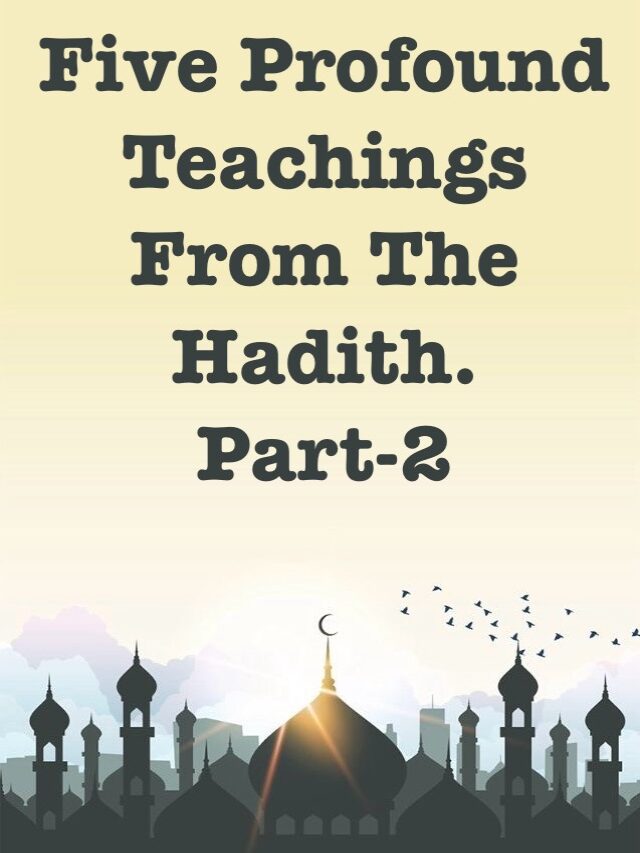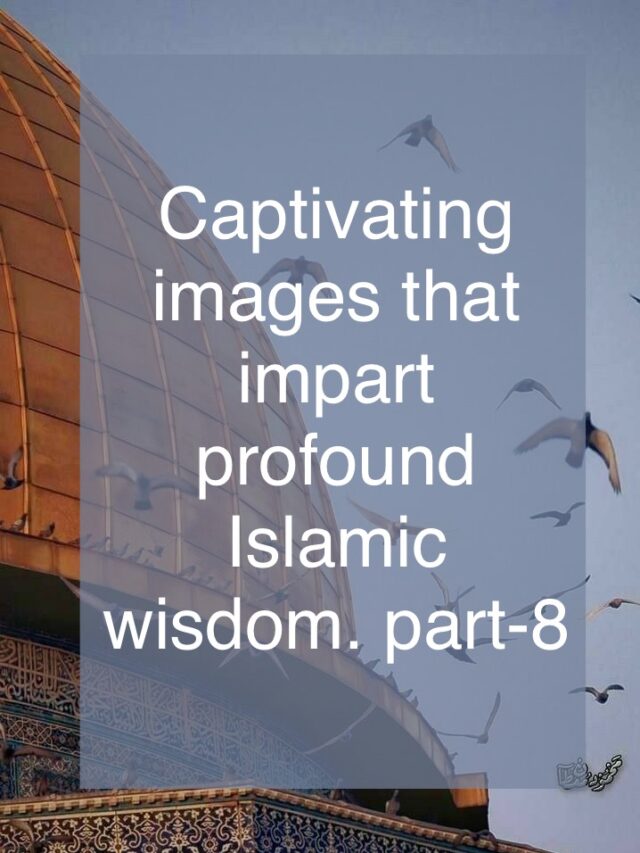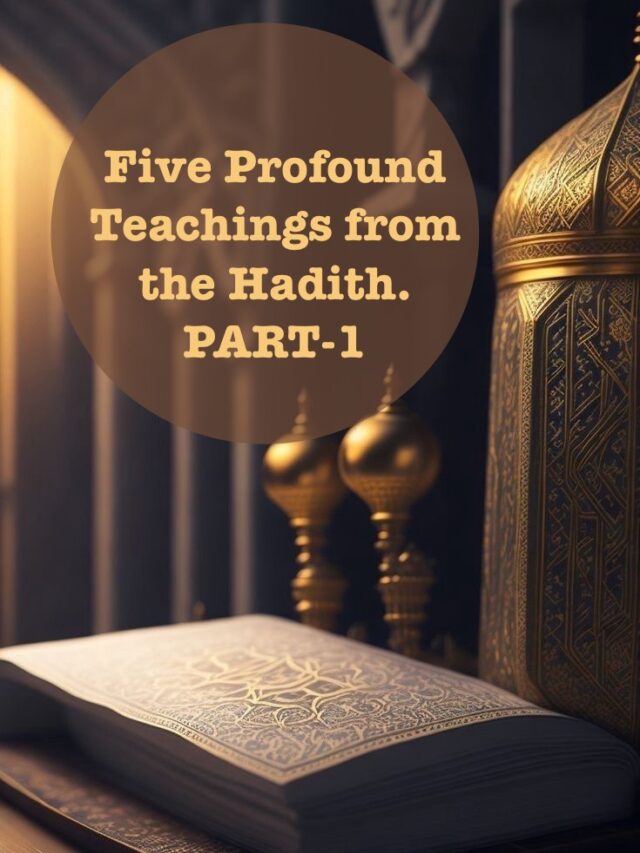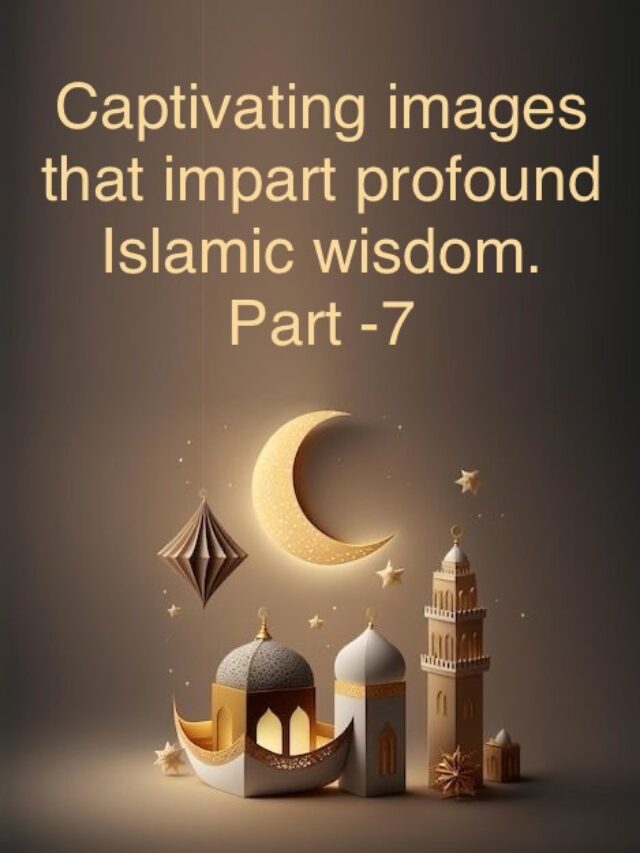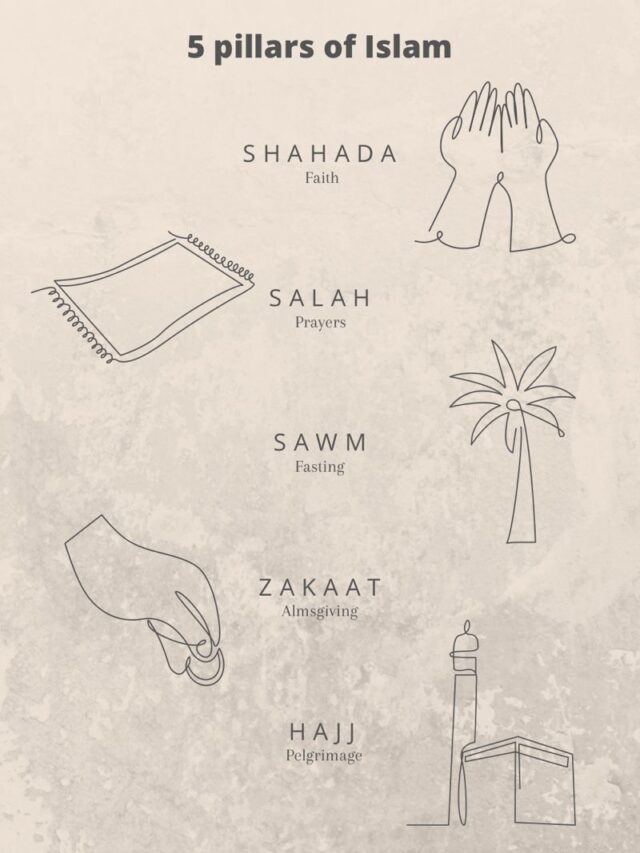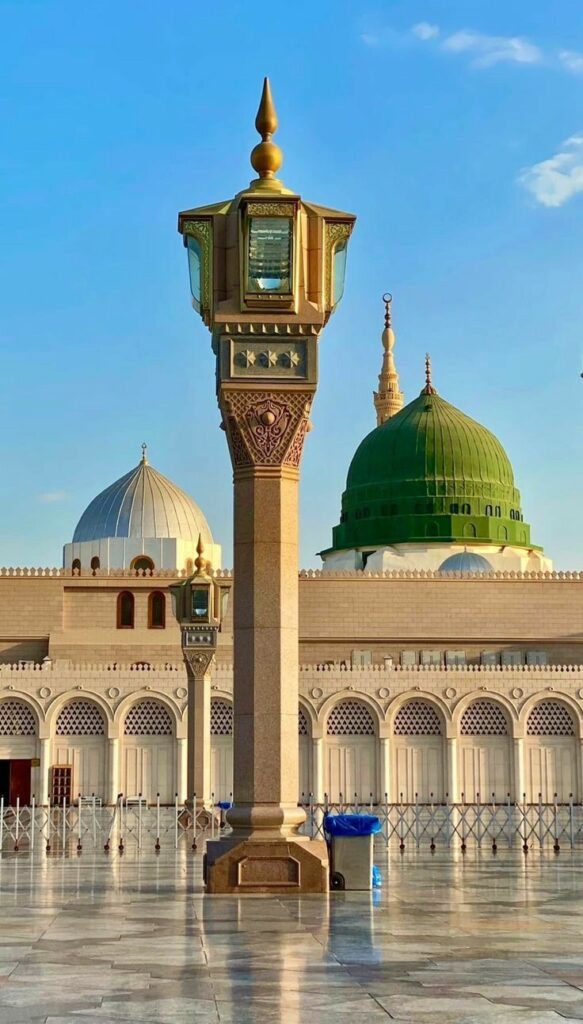Table of Contents
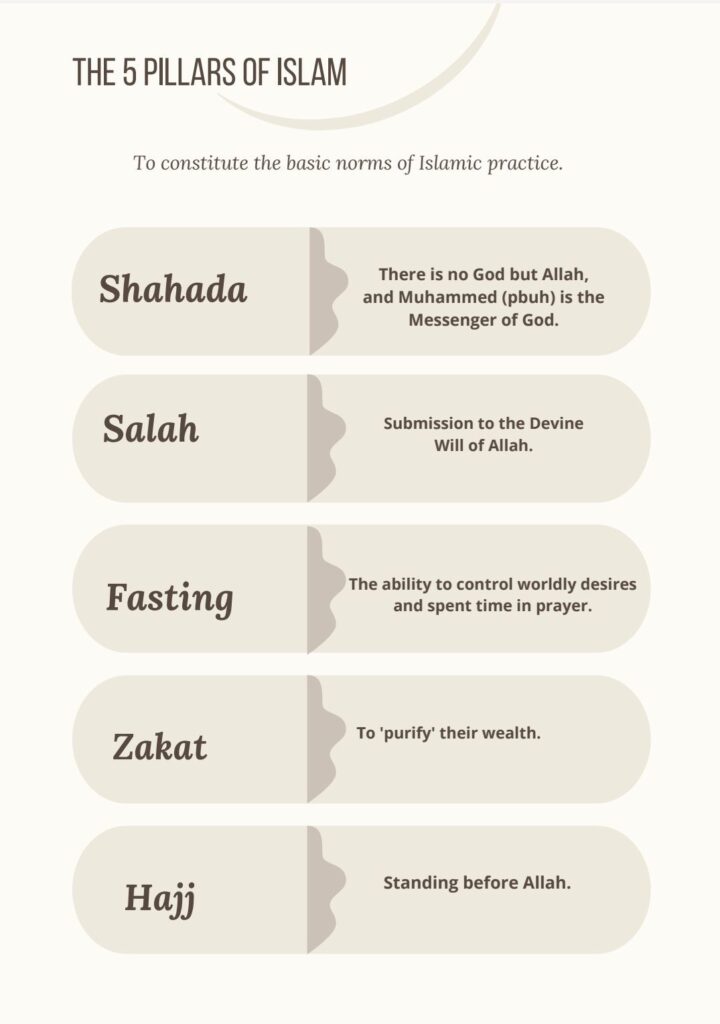
The Five Pillars Of Islam
The Five Pillars of Islam are the core beliefs and practices that every Muslim is expected to follow. They are considered the foundation of a Muslim’s faith and practice. Here are the Five Pillars in detail:
1. Shahada (Faith)
The Shahada, or the Declaration of Faith, is the cornerstone of a Muslim’s belief system and the first of The Five Pillars of Islam. It is a simple yet profound statement that encapsulates the essence of Islamic faith and serves as the entry point into the Muslim community.
Components of the Shahada
1. Affirmation of Monotheism:
- “There is no god but Allah” (La ilaha illa Allah): This part of the Shahada emphasizes the core Islamic belief in Tawhid, the oneness of God. It rejects the existence of any deity other than Allah, affirming that Allah is the sole creator, sustainer, and ruler of the universe. This monotheistic principle is fundamental to Islamic theology and distinguishes Islam from polytheistic religions.
2. Recognition of Prophethood:
- Prophet Muhammad صَلَّى ٱللَّٰهُ عَلَيْهِ وَسَلَّمَ is the messenger of Allah” (Muhammadur rasul Allah): This part acknowledges Muhammadصَلَّى ٱللَّٰهُ عَلَيْهِ وَسَلَّمَ as the final prophet sent by Allah. Muslims believe that Muhammad صَلَّى ٱللَّٰهُ عَلَيْهِ وَسَلَّمَ is the last in a long line of prophets, which includes figures like Adam عليه السلام, Noah عليه السلام, Abraham عليه السلام, Moses عليه السلام and Issa عليه السلام. By recognizing Muhammad صَلَّى ٱللَّٰهُ عَلَيْهِ وَسَلَّمَ as the messenger of Allah, Muslims affirm that the teachings he brought, as recorded in the Quran and Hadith, are the final and complete revelation from God.
Significance and Implications
1. Entrance into Islam:
Reciting the Shahada with sincerity and understanding is the primary requirement for a person to convert to Islam. This declaration must be made with full conviction and a clear understanding of its meaning. It marks the official acceptance of the Islamic faith and a commitment to live according to its principles.
2. Daily Life and Worship:
The Shahada is not merely a one-time declaration but a constant reminder of a Muslim’s faith. It is recited in the daily prayers (Salat), which are performed five times a day, reinforcing the central beliefs of monotheism and prophethood. This frequent repetition helps to keep the believer’s focus on their faith and their relationship with Allah.
3. Spiritual and Social Cohesion:
The Shahada serves as a unifying factor among Muslims worldwide. Regardless of cultural, ethnic, or linguistic differences, all Muslims share this common declaration of faith. It fosters a sense of belonging to the global Muslim community (Ummah) and underscores the collective commitment to the principles of Islam.

4. Ethical and Moral Framework:
The beliefs encapsulated in the Shahada lay the foundation for the ethical and moral code that Muslims strive to follow. Belief in one God encourages a sense of accountability, as Muslims believe they will be judged by Allah for their actions. Recognition of Muhammad صَلَّى ٱللَّٰهُ عَلَيْهِ وَسَلَّمَ as the messenger of Allah means adhering to the teachings and example set by the Prophet, which includes principles of justice, compassion, and humility.
Recitation and Context
The Shahada is recited in Arabic, the language of the Quran, to preserve its original form and meaning. However, converts to Islam are often taught the meaning in their native language to ensure they fully understand and internalize the declaration. The recitation of the Shahada is often accompanied by rituals, such as performing ablution (wudu) to signify purity and sincerity.
In conclusion, the Shahada is a profound declaration that defines a Muslim’s faith. It affirms the oneness of God and acknowledges Muhammadصَلَّى ٱللَّٰهُ عَلَيْهِ وَسَلَّمَ as His final prophet. Reciting the Shahada with sincerity is the first step in embracing Islam and signifies a lifelong commitment to the beliefs and practices of the religion.
2. Salah (Prayer)
Salah (Prayer)
Salah, or ritual prayer, is The Five pillar of Islam and an essential act of worship that is performed five times a day by Muslims. It is a direct and personal connection between the worshipper and Allah, serving as a means to express devotion, seek guidance, and find spiritual solace. Each of the five daily prayers has a specific time frame and set of rituals, making Salah a structured and disciplined practice.
The Five Daily Prayers
1. Fajr (Before Dawn):
- Timing: This prayer is performed before dawn, during the pre-dawn darkness.
- Significance: Fajr marks the start of a new day and is a reminder of Allah’s presence from the very beginning of the day. It symbolizes purity and the intention to lead the day with faith and righteousness.
2. Dhuhr (After Midday):
- Timing: Dhuhr is performed after the sun has passed its zenith, in the early afternoon.
- Significance: This prayer serves as a break from daily activities, offering a moment to pause and reconnect with Allah. It represents a balance between worldly tasks and spiritual duties.
3. Asr (Afternoon):
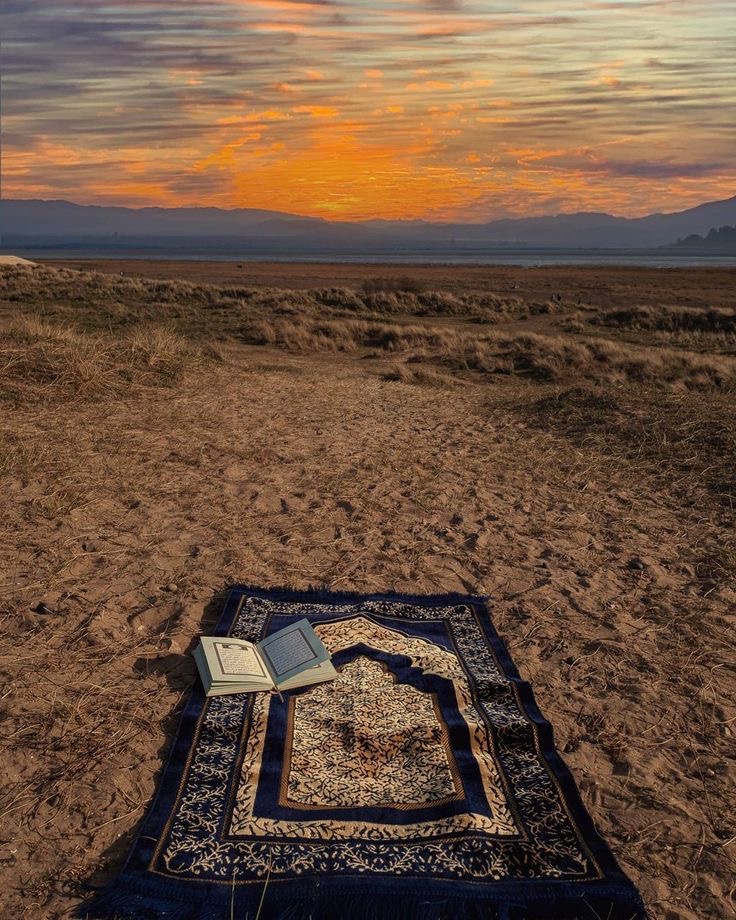
- Timing: Asr is performed in the late afternoon.
- Significance: This prayer is a reminder of the importance of continuity in worship throughout the day. It encourages Muslims to remain steadfast in their faith and mindful of Allah’s presence as the day progresses.
4. Maghrib (After Sunset):
- Timing: Maghrib is performed just after the sun sets.
- Significance: This prayer marks the transition from day to night. It is a moment of gratitude for the day that has passed and a time to seek Allah’s blessings for the evening.
5. Isha (Night):
- Timing: Isha is performed at night, after twilight has disappeared.
- Significance: The final prayer of the day, Isha, provides spiritual nourishment before sleep. It emphasizes the importance of ending the day with the remembrance of Allah and seeking protection and peace for the night.
3. Zakat (Charity)
Zakat, the third pillar of The Five Pillars Of Islam, is a mandatory act of charity and social welfare designed to purify one’s wealth, redistribute resources within the community, and provide assistance to those in need. It is not merely a charitable donation but a specific, calculated obligation that ensures the economic welfare and equity of the Muslim community.
Who Must Pay Zakat?
- Muslims: Only Muslims are required to pay Zakat.
- Nisab: To be eligible to pay Zakat, a Muslim must possess wealth above a certain threshold called the Nisab. The Nisab is the minimum amount of wealth that one must have before they are liable to pay Zakat. It is usually equivalent to the value of 85 grams of gold or 595 grams of silver.
- Ownership for One Lunar Year: The wealth must be held for one full lunar year (Hawl) before Zakat is due on it.
Calculation of Zakat
What Wealth is Subject to Zakat?

- Savings: Cash savings held in bank accounts or at home.
- Gold and Silver: Jewelry and other items made from these precious metals.
- Investment Assets: Stocks, shares, and other investment vehicles.
- Business Inventory: Goods intended for sale.
- Agricultural Produce and Livestock: Applicable in certain cases based on detailed Islamic jurisprudence.
Rate of Zakat:
- The standard rate of Zakat is 2.5% of the total wealth that meets the criteria.
4. Sawm (Fasting)
Fasting during Ramadan: It’s is fourth of The Five Pillars Of Islam. During the holy month of Ramadan, Muslims fast from dawn until sunset. This means abstaining from food, drink, smoking, and marital relations during daylight hours. The fast is broken each day with a meal called Iftar. Fasting during Ramadan serves several purposes:
- It teaches self-discipline and self-control
- It fosters empathy for the less fortunate
- It purifies the soul and body
At the end of Ramadan, Muslims celebrate Eid al-Fitr, a festival that includes communal prayers, feasting, and giving of alms.

5. Hajj (Pilgrimage)
Pilgrimage to Mecca: It’s is the fifth of The Five Pillars Of Islam. Hajj is the pilgrimage to the holy city of Mecca in Saudi Arabia, which every Muslim must undertake at least once in their lifetime if they are physically and financially able. Hajj occurs annually during the Islamic month of Dhu al-Hijjah. The rituals of Hajj include:
- Wearing the ihram (a simple white garment)
- Performing the Tawaf (circling the Kaaba seven times)
- Walking between the hills of Safa and Marwah
- Standing on the plain of Arafat
- Participating in the symbolic stoning of the devil
Hajj is a time for Muslims to seek forgiveness, renew their faith, and show their submission to Allah.
Conclusion
These are The Five Pillars Of Islam are essential acts of worship that shape the life of a Muslim, integrating their spiritual, ethical, and social responsibilities into a cohesive framework.
Related Content
Share this content:

